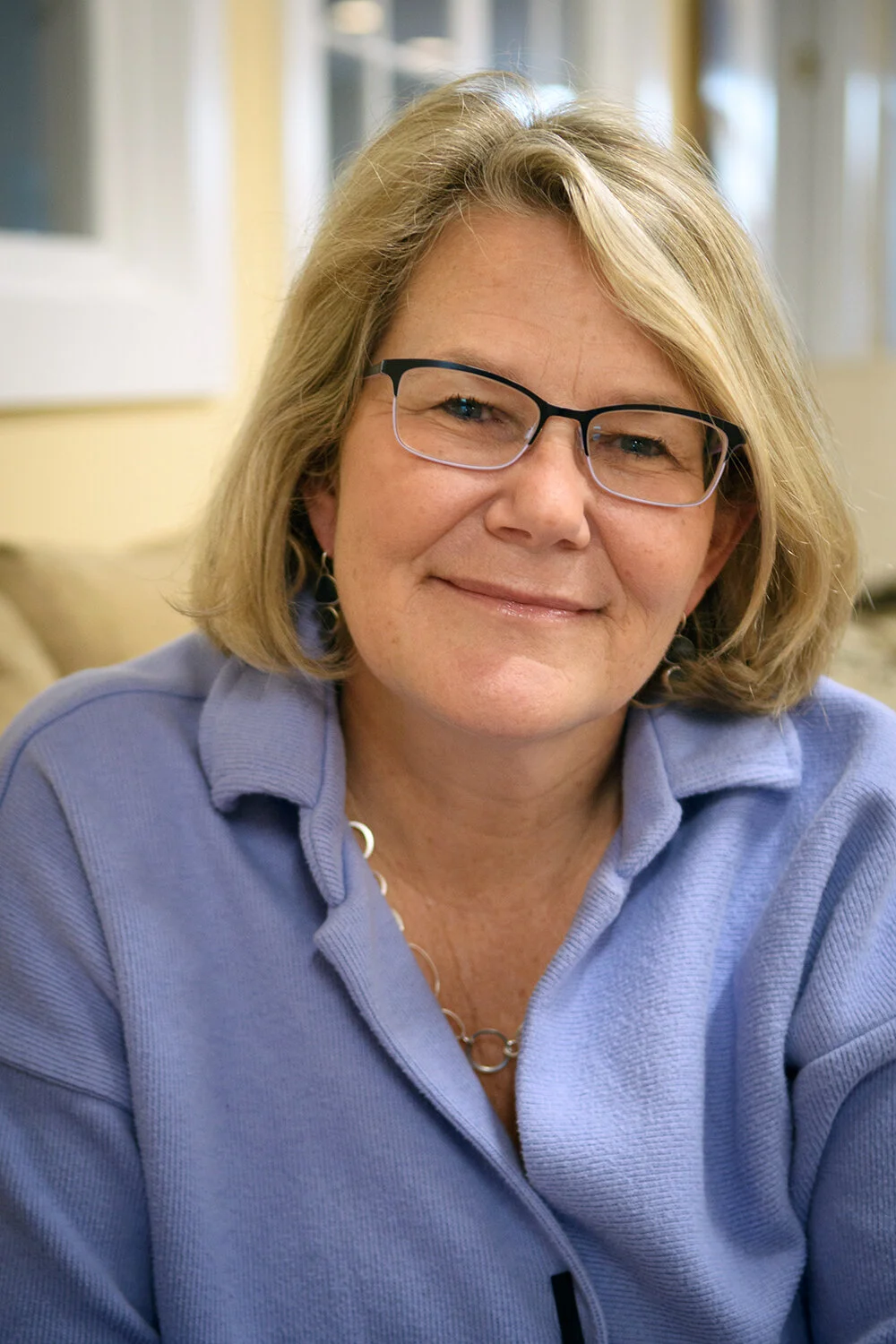rePlant Capital's Full Feature on DP Managing Partner Tory Dietel Hopps
The following profile was published on rePlant Capital’s website.
Who: Tory Dietel Hopps*
Role: Managing Partner, Dietel & Partners
Where: Cumberland, Maine
Climate Issues: Carbon sequestration, forest conservation, renewable energy
Outcomes: Increasing farmer income; empowering farmers to positively affect climate change reversal; reframing the role of philanthropic capital in climate reversal
Connect: tory@dietelandpartners.com
*Tory is the Managing Partner at Dietel and Partners where she represents one of rePlant's earliest investors. The comments in this feature were provided by Tory as an advisor to the anonymous investor and are not necessarily the views of Tory herself.
“By working out the financing mechanisms that are beneficial to farmers, we can accelerate adoption of regenerative practices and expedite the concept of agriculture as a climate solution.”
How did you and rePlant find one another?
I knew Don through Confluence Philanthropy, RSF (RSF Social Finance), and Sustainable Agriculture and Food Systems Funders (SAFSF). Don reached out to pick my brain since our firm has done a lot with DAFs (donor-advised funds). He was curious to know what I thought about the potential for interesting DAF holders in investing in regenerative agriculture. The conversation broadened, and as he told me what he was working on with rePlant, I saw it as kismet in a lot of ways.
The client I advise is interested in utilizing part of their philanthropic dollars to seed new and innovative strategies to finance ways to address climate change, such as regenerative agriculture. When Don described the work rePlant wanted to do, it was a perfect fit on a number of fronts. It spoke to many of the things the client is interested in, including regenerative agriculture, climate change mitigation, carbon sequestration, soil health, chemical pollutants, and nutrition.
Don and Dave’s past experience made us feel that even though this was a very new idea to unlock capital, they had the track records and the networks to pull this off. Their ability to leverage various partners and to put farmers and their unique needs at the center made us confident.
What climate issues are most important to you (the client)?
Broadly, carbon sequestration, forest conservation, and renewable energy. Specifically, with regard to rePlant, the client is interested in proving the many benefits of regenerative agriculture, including sequestering carbon, improving the soil’s ability to contend with floods and droughts, reducing chemicals in food production, building soil health, and increasing the nutritional density of food.
What do you most hope rePlant can accomplish? Are there any outcomes you're particularly excited to see come to fruition?
Aside from the climate issues, the notion of being able to increase farmer income from regenerative practices is really appealing and has multiple beneficial outcomes. By working out the financing mechanisms that are beneficial to farmers, we can accelerate adoption of regenerative practices and expedite the concept of agriculture as a climate solution.
The client has a firm belief that philanthropy should play a risk capital role. While we could have seen this as a high risk opportunity, the potential upside hit so many of our interest areas and concerns that we decided to invest. Every couple of years, this client makes a significant grant or investment toward trying something that hasn't been done. Someone has to be willing to go out on that limb. At our firm, we talk a lot about the “first olive out of the bottle.” With any new bottle of olives that are packed in, it’s hard to get the first one out, but once you do, the rest come tumbling. There is potency in being that first olive in philanthropy and derisking new approaches. We won’t solve our greatest problems without taking risks. We are delighted others have joined in this approach and know this is only the beginning.

